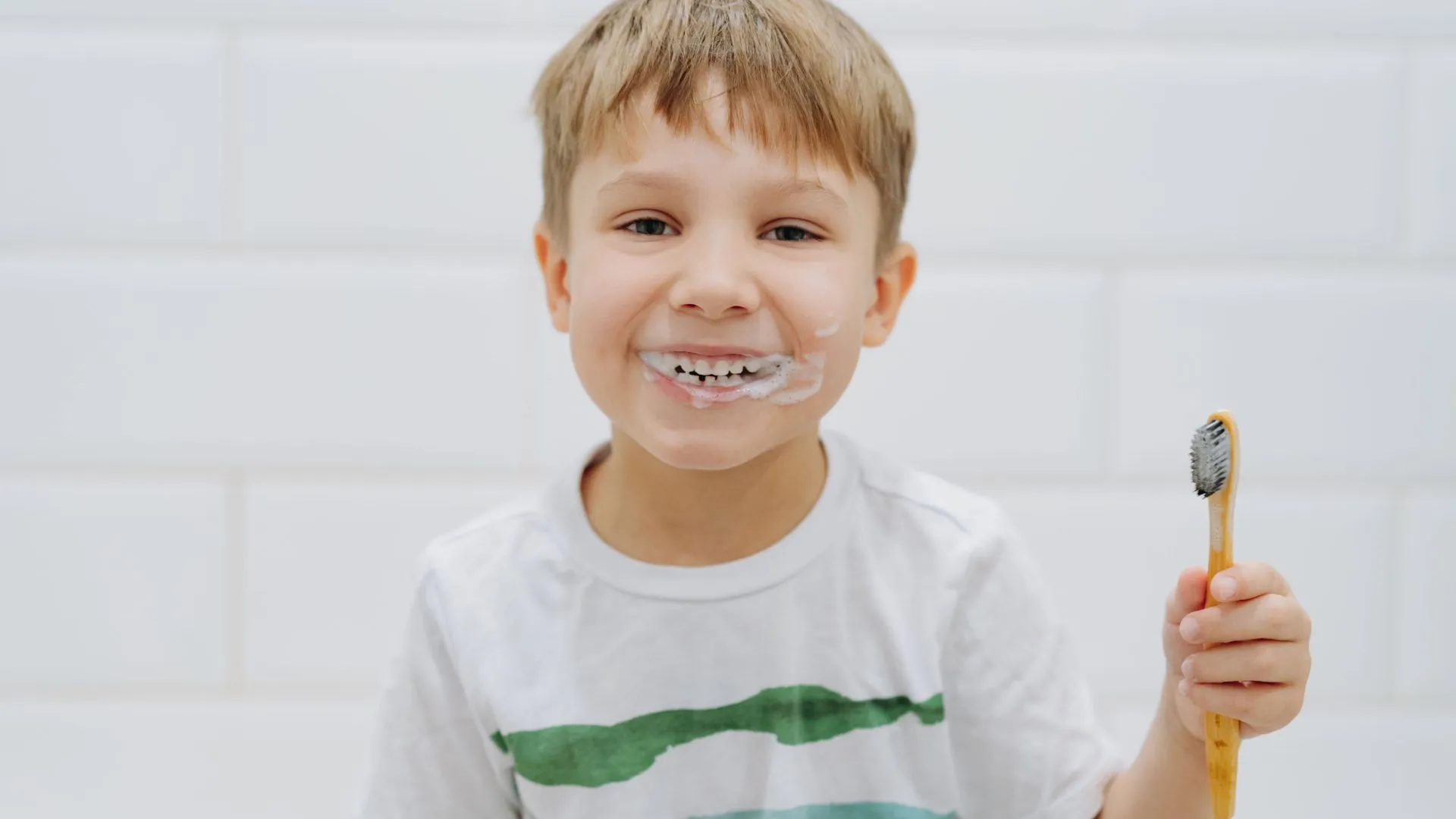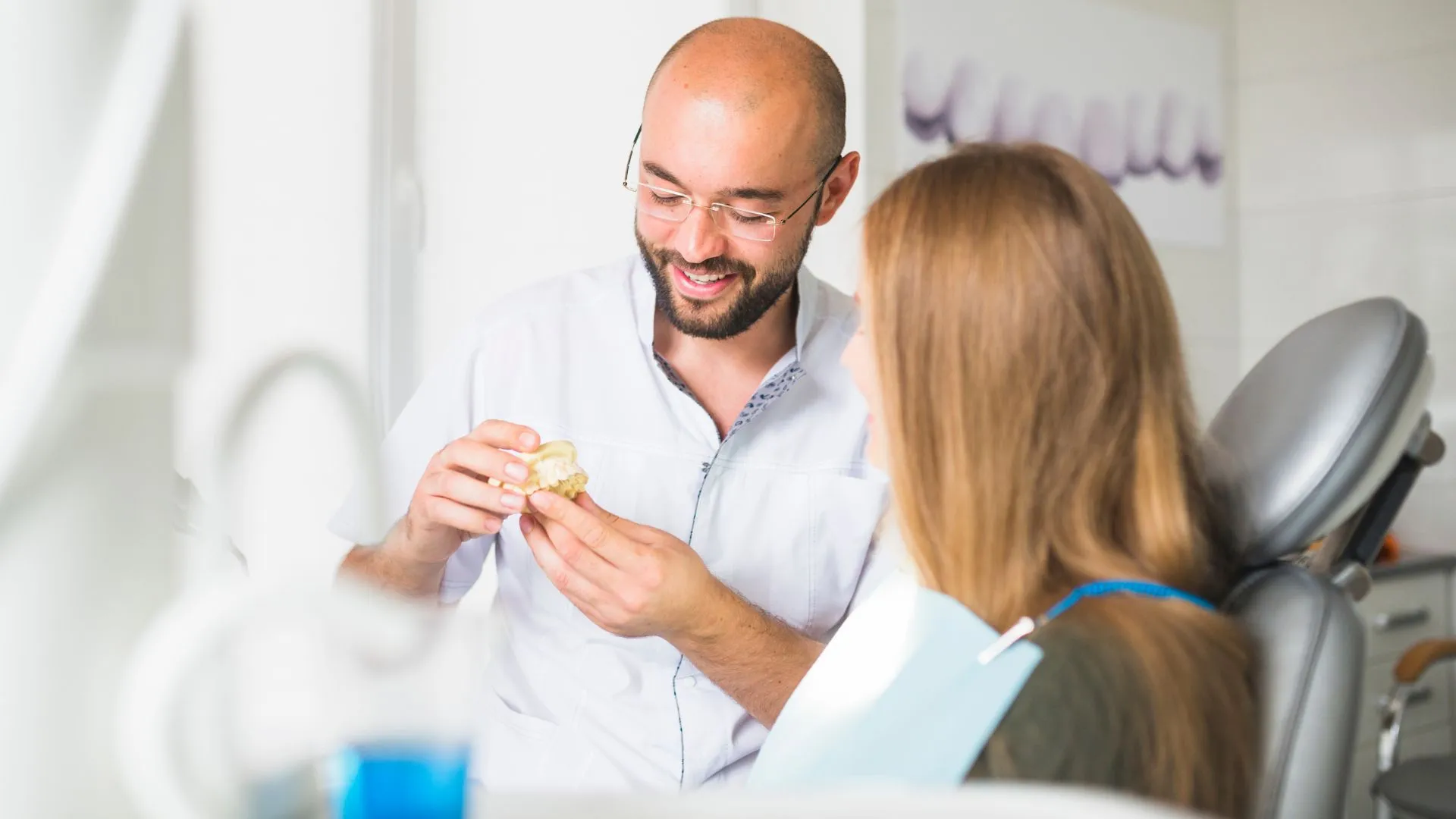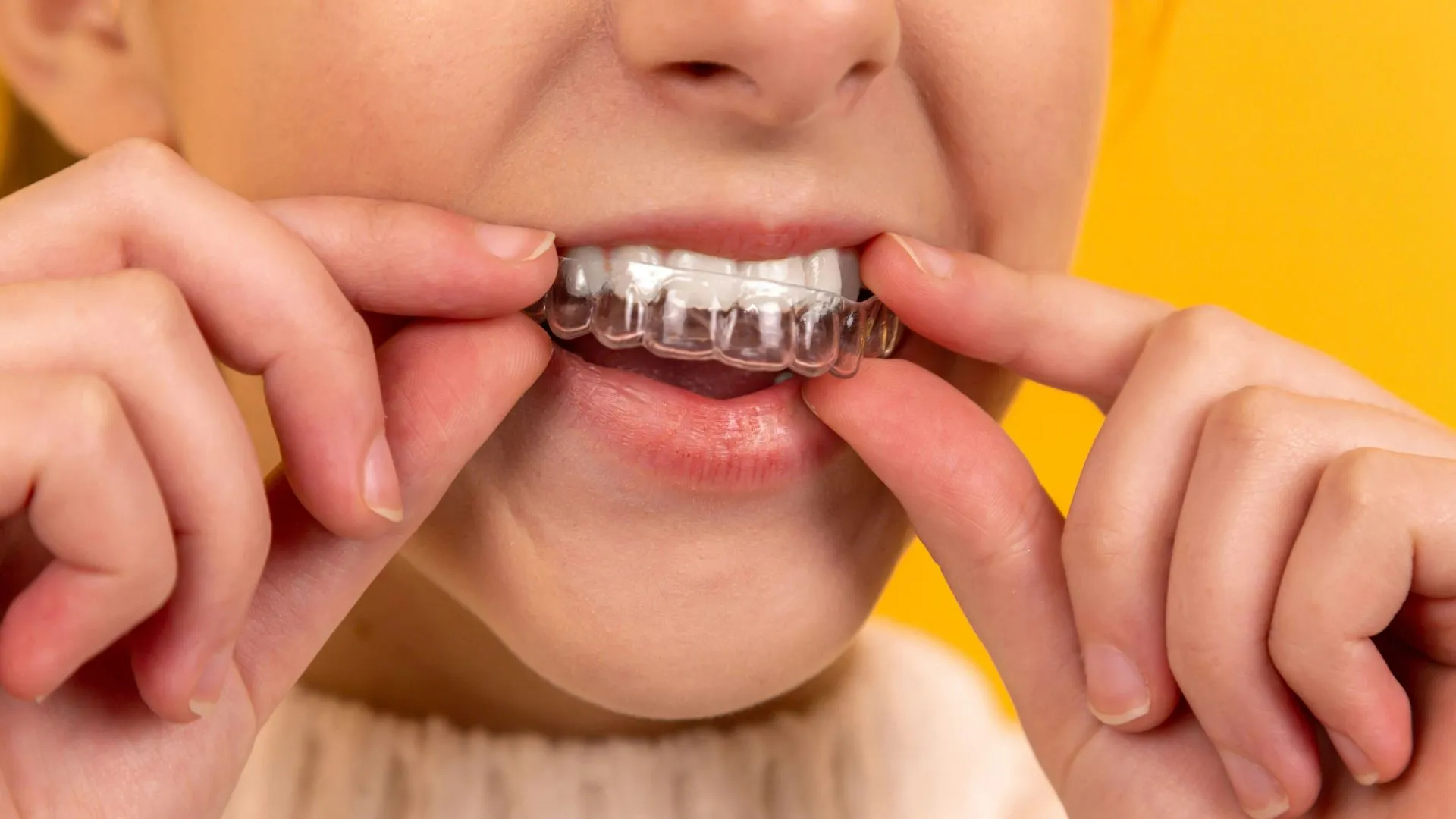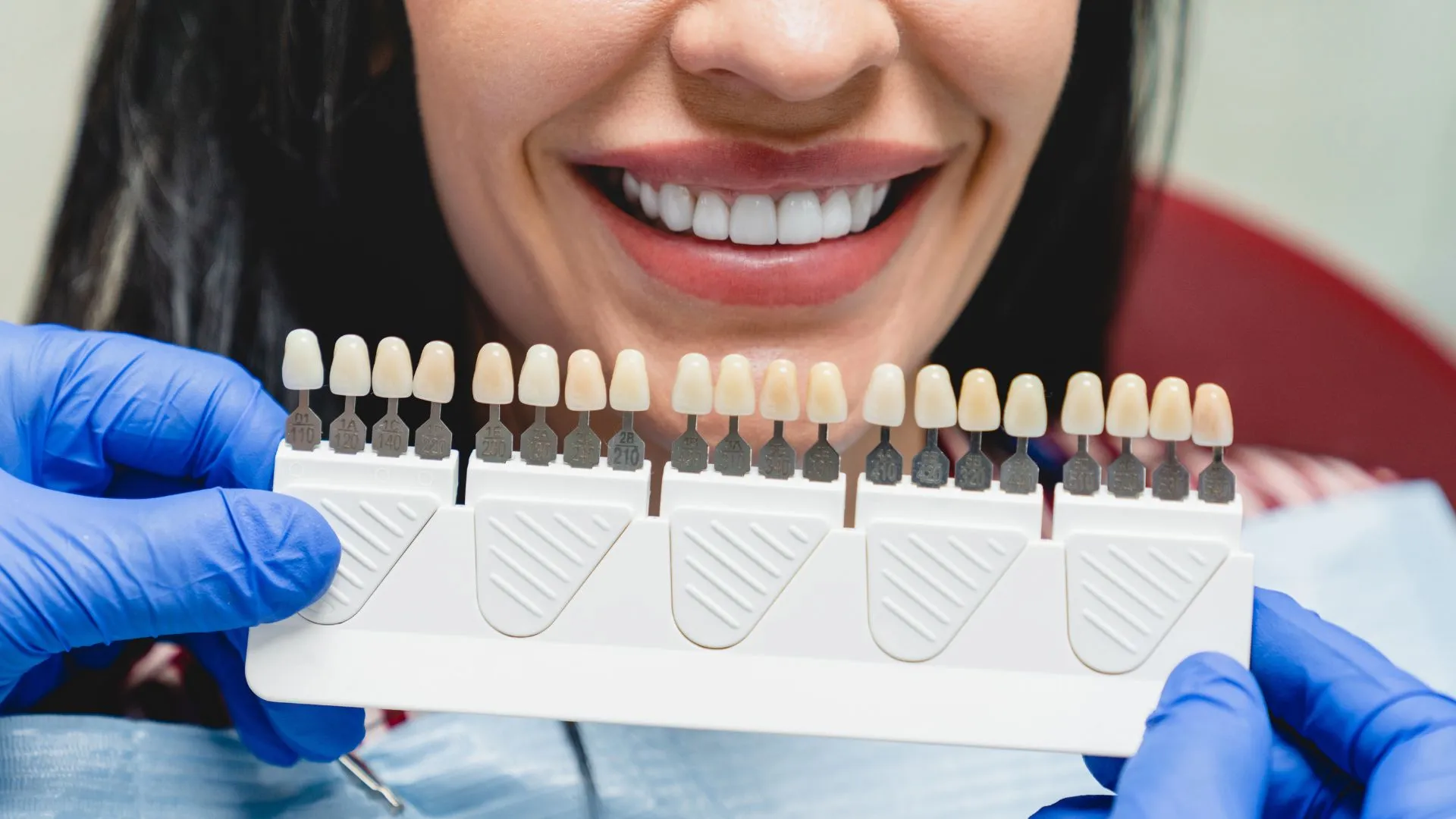It can be frustrating to remind your child to brush and floss and then find out that they need a filling for a cavity. Your young child may be brushing every night, but he or she may not be brushing correctly. An article at drbicuspid.com shows that…
It can be frustrating to remind your child to brush and floss and then find out that they need a filling for a cavity. Your young child may be brushing every night, but he or she may not be brushing correctly. An article at drbicuspid.com shows that how a child is taught brushing may actually affect their plaque index score.
For instance, one study showed that jaw models are more effective tools than videos when showing a child how to brush:
Teaching toothbrushing: Is a video or jaw model better?
Teaching children with a jaw model was more effective in improving plaque index score than having them watch a video on a tablet computer, the authors concluded. They also noted that both methods of toothbrushing instruction were fully accepted by all children.
Each participant in the study used a new toothbrush, which may have contributed to plaque reduction more than using an already-used toothbrush, according to the authors. The children also brushed for two minutes, which is likely longer than they are brushing at home. Future studies should consider multiple viewings over time of the demonstration video to determine any effects, the group wrote.
“Within the limitations of this study, it is concluded that a single-time toothbrushing instruction for teaching children by using a jaw model was more effective in improving plaque index score than using video on a tablet,” the authors concluded.

Besides teaching a child how to brush correctly, we must teach children consistency. How long should they brush and when should they brush?
One way to motivate children is to get them involved in all aspects of their oral care. For instance, instead of buying a toothbrush for your child, bring them with you so they can choose one out themselves.
If your son or daughter loves superheroes, then let them pick a superhero-themed toothbrush.
If your child struggles with how long they’re supposed to brush, have them bring a timer into the bathroom to make a game out of it.
And if your child is fascinated by electric toothbrushes and likes how they “do all the work,” consider investing in one.
A post at Dentistry IQ has some good electric toothbrush brands you may want to consider:
Hygiene Message in a Bottle Mailbag: Electric toothbrush recommendations
My current favorite electric toothbrushes to recommend are the Oral-B rotation-oscillation power toothbrushes and the Philips Sonicare sonic electric toothbrushes. Each of these brands has many different models at a variety of price points. I personally use a Sonicare FlexCare Plus, but my husband loves his Oral-B Pro 5000 SmartSeries.
Other than the differences in the way each toothbrush brand operates, there are a couple of differences and similarities worth noting. Both brands now have Bluetooth-connected toothbrush options that communicate with smartphone apps, and both brands have rechargeable versions available for kids.
The Oral-B line includes a wider selection of brush heads, including specialty options, such as those for orthodontics and for sensitivity. However, the Sonicare brush heads are smaller and look more like standard manual toothbrush heads.
My favorite feature of both brushes is the timer. Unless they are making a concerted effort to time themselves, most patients who brush with a manual toothbrush probably don’t actually brush for the recommended two minutes twice a day. With both the Oral-B and Sonicare brushes, there’s no excuse not to know how long you’ve been brushing. Both brushes buzz in 30-second intervals to remind patients to move to another quadrant of the mouth. Furthermore, at least one model in each toothbrush line has a pressure sensor, which comes in handy for patients who brush too aggressively.
When I’m recommending an electric toothbrush to patients, I usually recommend both brands and tell them that the best toothbrush for them is the one they will use the most consistently!
The point is along with proper education, caring for teeth can actually be a little exciting for children if they are given choices and responsibilities. And if electric toothbrushes are often great at reinforcing proper education since some brushes will bush in 30-second intervals to remind patients where/how long to brush.



